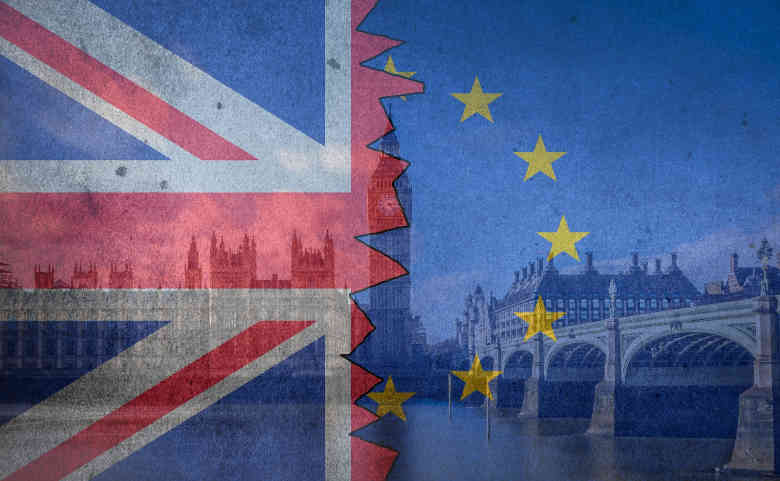The Spectator, October 29, Alexander Downer
In the digital age of cloud computing, the idea that steel and plastic pipes are integral to our life seems anachronistic,’ wrote Rishi Sunak. ‘But our ability to transmit confidential information, to conduct financial transactions and to communicate internationally all depend upon a global network of physical cables lying under the sea.’ And what if those cables are cut? ‘The threat is nothing short of existential.’
Sunak wrote those words five years ago in a paper for the thinktank Policy Exchange. Last weekend, as he was running to become prime minister, he was proven right. The Shetland Islands lost phone and internet connections after the cable that links the islands to the mainland was severed. The Boris Petrov, a Russian ‘scientific research vessel’ designed to survey the sea floor and gather intelligence, was in the area at the time. Since it’s designated a ‘vessel of interest’ by western navies, there’s every chance the fault could have been an example of Russia’s hybrid warfare.
The disruption might also have been an accident (every year there are hundreds of examples of chance damage to undersea cables around the world). Regardless, the Shetland shutdown is a reminder of the extraordinary extent to which our lives rely on these cables. Ninety-five per cent of the world’s internet traffic passes through just 200 undersea fibre-optic cable systems. There are estimated to be as few as ten global chokepoints where these cables converge or come ashore. If you wanted to cut off Britain from the world, it would not be very difficult to sabotage these chokepoints.
Click here to read the piece in full.

